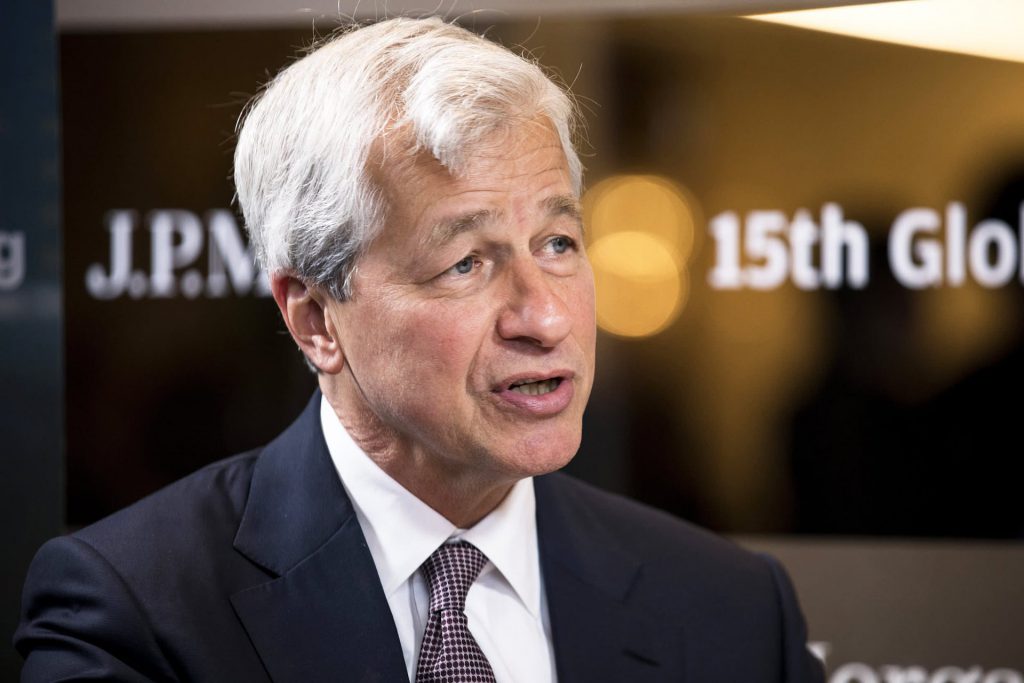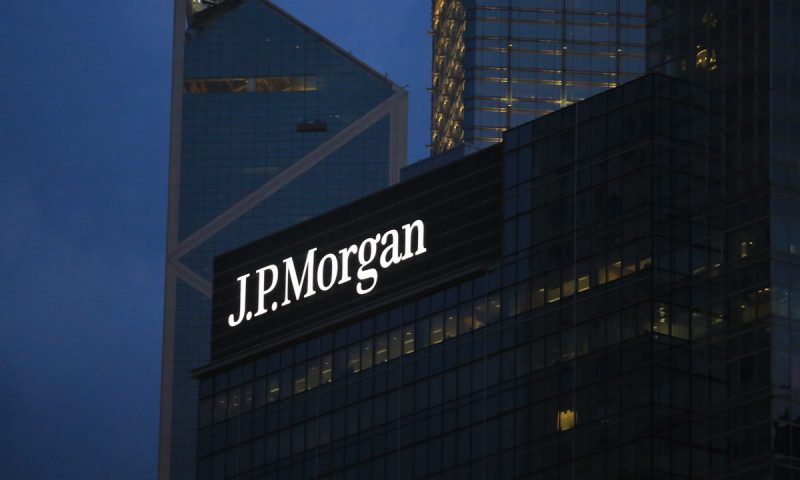In a notable move from the financial institution, JPMorgan has increased its odds for a US recession by the end of the year to 35%. Indeed, the bank had previously held those odds at only 25%. Yet, they note pressures from the labor market have greatly changed things.
The July jobs report provided data that came in much weaker than experts predicted. Moreover, the recessionary fears drove panic in the global finance market earlier this week. Now, it appears as though the chances that of those fears coming to fruition have increased to start August.
Also Read: BRICS: US at its ‘Highest Risk’ for Recession After Stock Market Crash
JPMorgan Raises Odds for US Recession by 2024’s End
The week has seemingly been wrought with bad news. On Monday, the global markets were hit with a massive crash. Japan’s stock market suffered its worst single-day loss ever, while the US stock market lost $2 trillion in a massive setback. This was all driven by geopolitical concerns, and recessionary risks in the West.
Now, JPMorgan has raised the odds for a recession in 2024 to 35%, according to a Bloomberg report. They aren’t the only ones. Goldman Sachs has also increased its recession probability after the week’s events. The firm raised its forecast by 10%, with it giving the economy a 25% chance to fall into recession in the next 12 months.


Also Read: Gold Price: JPMorgan Predicts $2,500 Average in Q4 2024
In a recent interview with CNBC, JPMorgan CEO Jamie Dimon noted a recession is the most likely outcome. However, he still said the economy’s chances of a “soft landing,” are between 35% and 40%.
Dimon did say, “There is a lot of uncertainty” in the finance sector. Additionally, he remarked that he is “a little bit of a skeptic,” regarding the Federal Reserve’s 2% inflation target. The Fed is expected to cut interest rates in September. That would bring them down from their current 23-year high.





